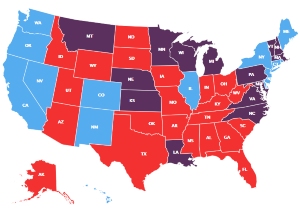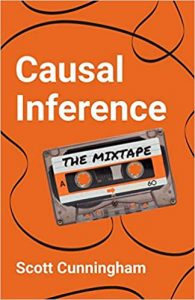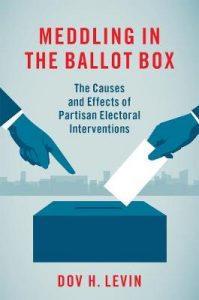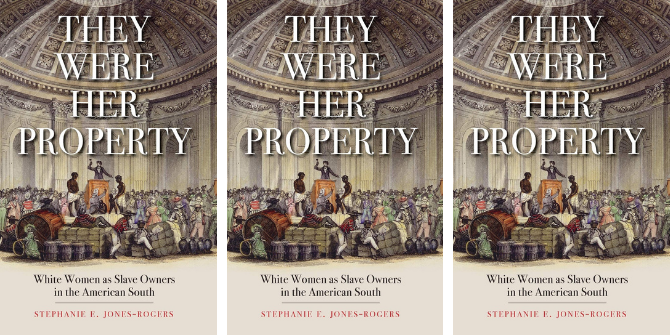The U.S. has made it through shutdowns before, but a lengthy fight over the debt ceiling could cause unprecedented market chaos
The U.S. government has been in a state of shutdown since last Tuesday, and there seems little likelihood of Republicans and Democrats coming to an agreement on funding the government in the next few days. While the government has made it through the previous 17 shutdowns that have occurred since 1977, Andy Langenkamp argues that the threat of the U.S. […]
















